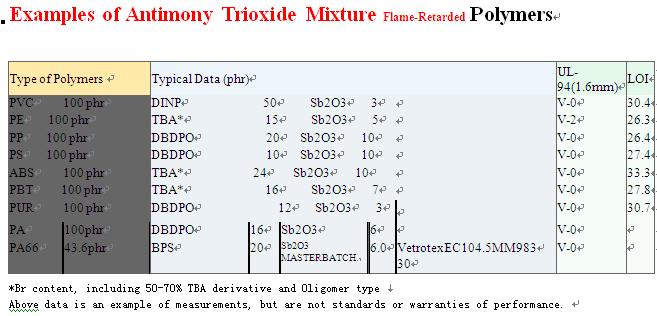company, is planning to import used mobile phones from Southeast Asia
to extract nonferrous metals such as gold and copper from them for
recycling, sources close to the company said Saturday.
The Dowa group also plans to dispose of harmful substances being used
in such phones, they said.
The plan will be a joint project with the Geneva-based Secretariat of
the Basel Convention, which is aimed at controlling transfers of
hazardous waste between nations and its disposal, according to the
sources.
The Dowa group is known to have the world's most advanced technology
for extracting nonferrous metals from electric and electronic parts.
It plans to secure nonferrous metals, for which demand has been
growing, and contribute to establishing an international system to
prevent inadequate disposal of harmful substances.
Nonferrous metals, such as gold and copper, are needed for making
substrates used in mobile phones.
In Southeast Asia, however, used cell phones are transported to China
for recycling, where only precious metals are extracted in many cases.
Hazardous substances are often left in the phones and are incinerated
with ordinary waste, according to the sources.
The Dowa group has the only smelter in Asia capable of extracting
individual metals from ores containing several metals such as copper,
gold and lead.
The technology also can be used to extract metals from cell phone substrates.
Concerned with the spread of harmful substances from Southeast Asia,
the secretariat asked Dowa, through the Environment Ministry, to help
collect resources.
Dowa, which will first collect used mobile phones from Thailand,
Malaysia and Singapore, has begun looking into methods with the
secretariat on how to collect such phones and how many can be
imported.
Imported mobile phones will be crushed and then put into a furnace to
extract nonferrous metals such as gold, copper and lead.
Arsenic, a hazardous material that will be separated, will be buried
in the smelter's final disposal area.








0 comment:
Post a Comment